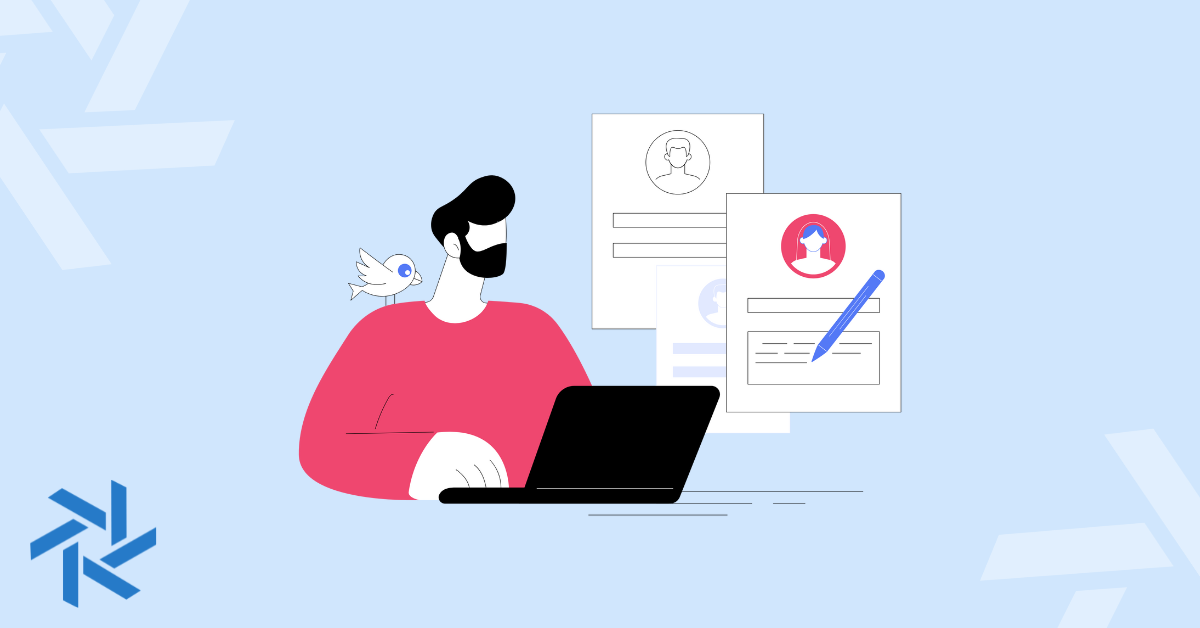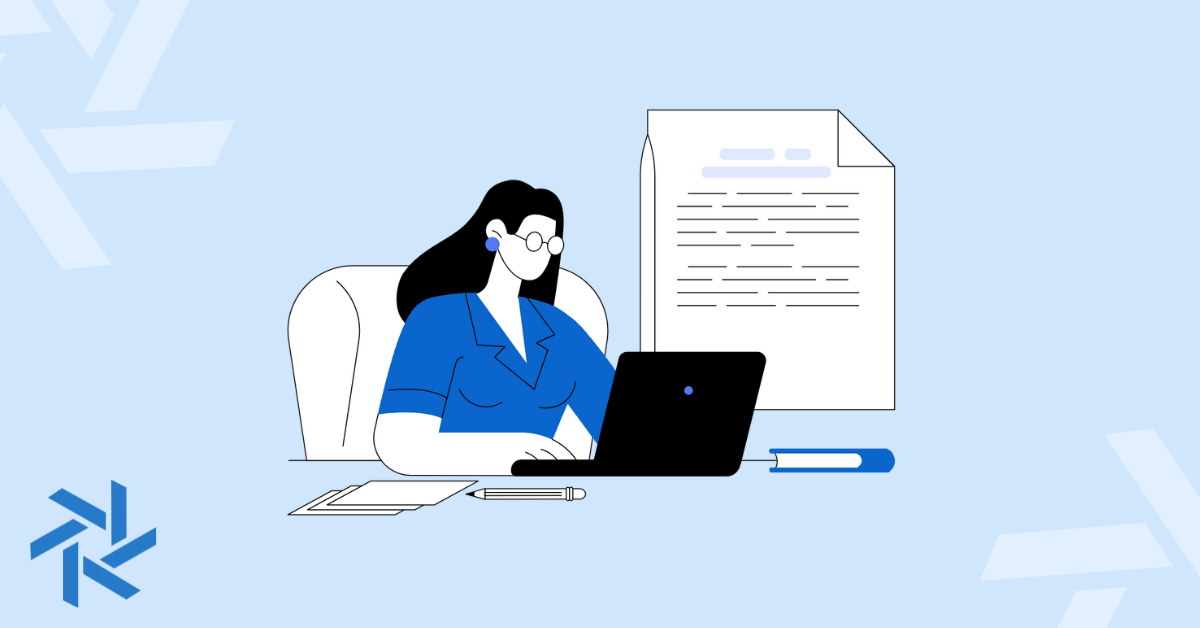7 Tips to Help You Disconnect When Working From Home

Working from home has become a common practice for many people, but it can also lead to a blurring of the lines between work and personal time.
And one of the common challenges for remote workers can be disconnecting from their work. But if you want to avoid burnout and maintain a healthy work-life balance, you’ll need to set guidelines to help you unplug.
Here are 7 tips to help you disconnect when working from home.
1. Set Clear Work Hours
One of the biggest challenges of working from home is the lack of distinction between work and personal time. To combat this, set clear work hours for yourself and stick to them as much as possible.
Know what hours you are expected to be available but set boundaries with your manager and co-workers. This will help you establish a routine and create a sense of structure in your day. And create a plan for after-hours emergencies, as things can come up.
Personally, I like to stop work between 5:30 and 5:45 pm. I will shut everything down and will turn off any notifications from Slack or email. And I do not respond after hours, but a co-worker can text me if it's urgent or an emergency.
2. Designate a Workspace
Having a dedicated workspace in your home can help you separate work from personal time.
Make sure your workspace is comfortable and conducive to productivity. This will also make it easier to "clock out" at the end of the day and mentally disconnect from your work.
My recommendation is to keep your workspace out of view or in a separate area if you have the space. It’s less tempting to jump back or check work-related things when you create a barrier between work and personal life.
3. Take Regular Breaks
Just as you would in an office setting, take breaks throughout the day to rest and recharge. This could include simple things like stretching, going for a walk, or just getting away from your desk for a period of time.
Your goal is to step away from your home office area and your computer. Give yourself a chance to decompress and move away from your work.
For example, if you are going to eat lunch, do not sit at your desk. Head to the dining room, kitchen, or living room, or go outside if the weather is nice.
Taking breaks will help you stay focused and increase your overall productivity.
4. Practice Self-Care
Beyond breaks from your work, you need to take care of yourself to maintain your health and sanity. This is one area I’ve probably had a challenge with since I began working from home full-time in 2017.
You get into a weird pattern of work, eating, and getting some sleep. But you neglect important areas like regular exercise, eating healthy, getting the right amount of sleep, and planning social activities outside of your home.
I’m still a work in progress but have made some good strides. Ensure you dedicate time and energy to self-care. You will feel refreshed and better equipped to handle the demands of work.
5. Avoid Projects At the End of the Day
During your workday, do your best to not start a larger project near the end of the day. You’ll be tempted to keep working through it.
And if you are like me, it’s hard to stop when some new project is fresh on your mind.
Instead, plan your next steps and create a “to do” list for that project. That way you aren’t starting deeper work so close to the end of the day and you have a checklist plan ready for the new work day.
6. Focus On Accomplishments
There is only so much you can get done in a workday, but you may often feel you did not complete enough tasks. And now It’s very easy to look at what you didn’t finish and feel the need to keep working.
And if you are an overachiever, it’s probably hard for you to not power through more work.
Don’t be so hard on yourself about the things you did not get done. Instead, flip that mindset and look at what you did accomplish. It’s more rewarding and a confidence boost, which can help you disconnect when your hours are complete.
7. Spend Time Away From Technology
It's important to disconnect from technology in general, even when you're not working.
Avoid checking your phone or computer outside of work hours. Instead, engage in other activities that bring you joy and relaxation, such as reading, gardening, or spending time with family and friends.
You can even break up with technology for a bit during your breaks. For example, I like to put my laptop to sleep on my lunch and spend time with my wife and son for a bit. This allows me to disconnect, but also spend quality time beyond just the end of the day.
Final Thoughts
As much as remote work is loved by many, there are still challenges at times. No form of work will ever be perfect! And that common one is really finding a healthy work-life balance when working from home.
Disconnecting from your work and desk is important to your health, happiness, and overall productivity. With the above tips, you’ll be on the right path to having a great experience working from home.








